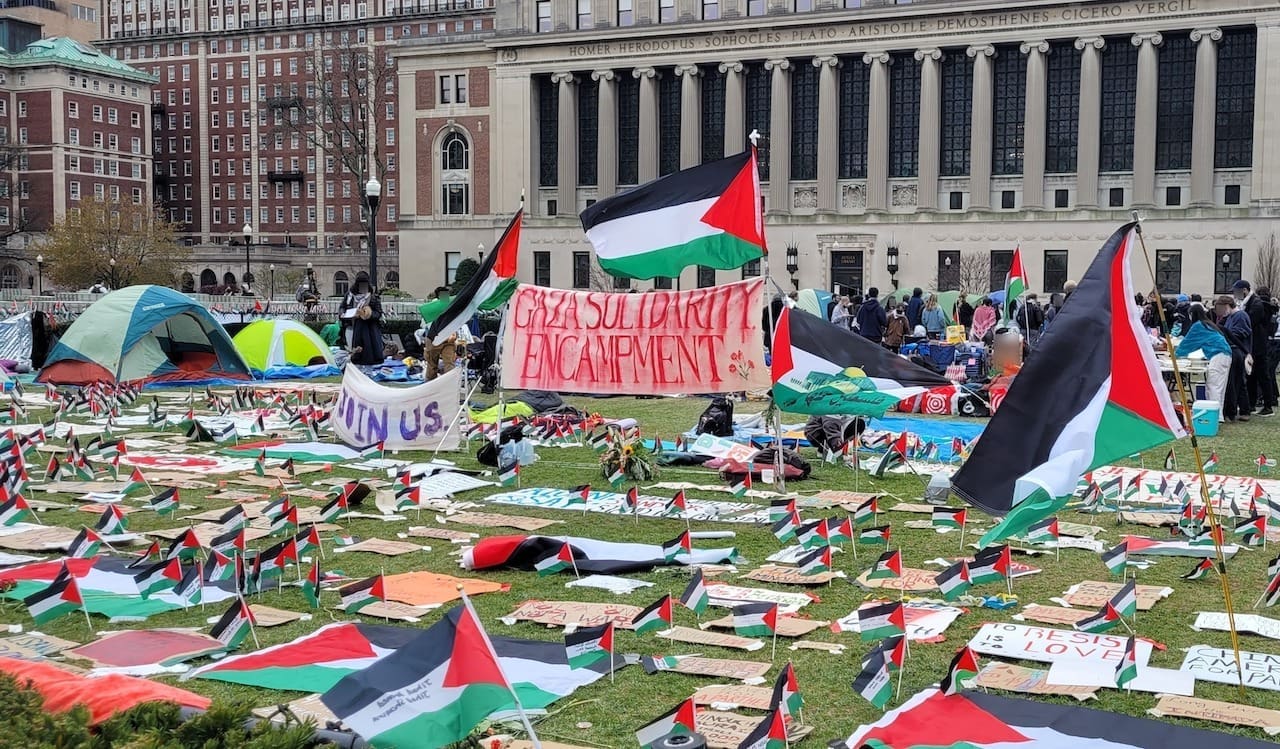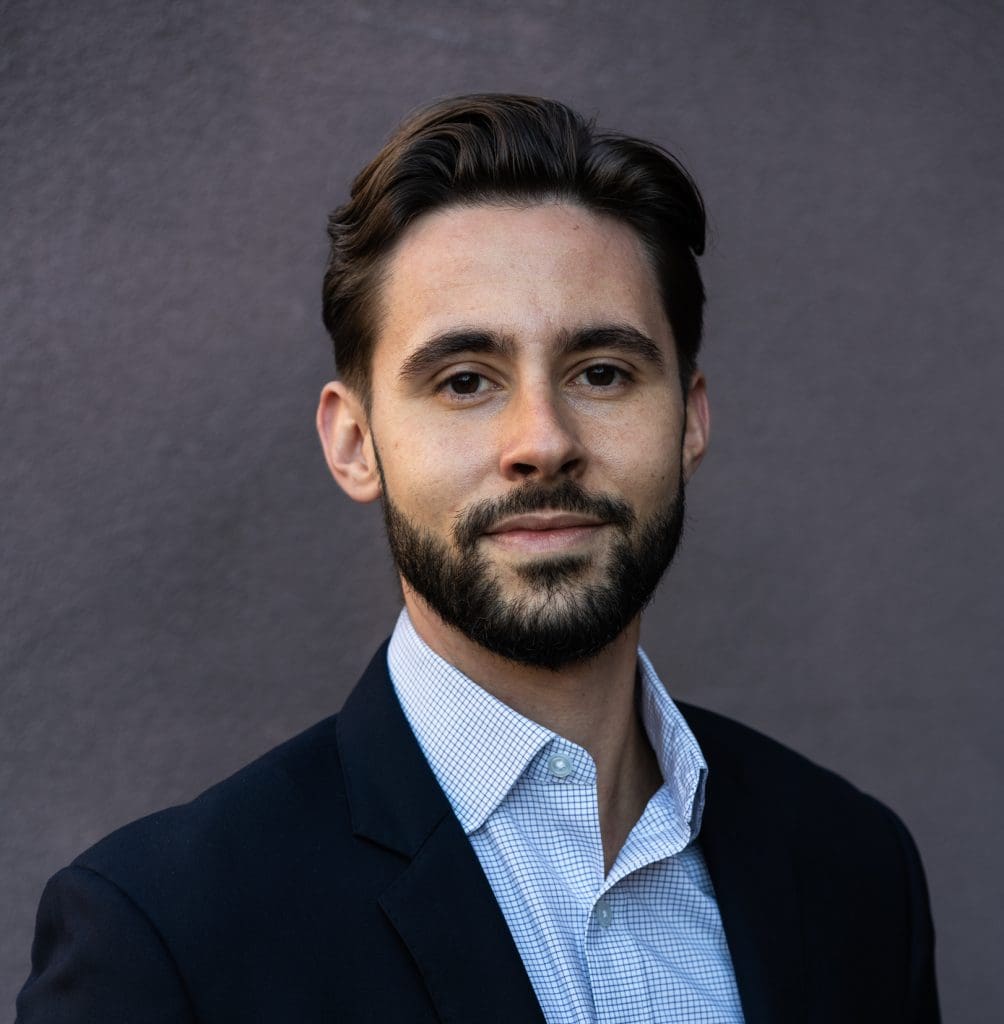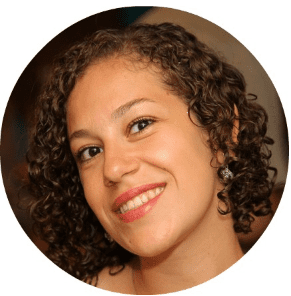
The student encampment at Columbia University set off a wave of Gaza solidarity protests on college campuses across the country. The movement has called for an end to the US’s unconditional support for Israel and spotlighted the role of universities and corporations in upholding Israel’s system of oppression.
The uprising, which has since spread across the globe, builds on long-held traditions of student activism and harkens back to the legacy of previous student movements against the war in Vietnam and apartheid in South Africa. It also emerged as the latest sign of a wider shift in public opinion on the Palestinian struggle for liberation that policymakers continue to ignore. While many of the encampments have been dismantled and thousands of student protesters brutally arrested, this is likely only the beginning of a movement determined to hold academic and political institutions accountable.
In this policy lab, Nour Joudah and Kylie Broderick join host Tariq Kenney-Shawa to discuss some of the key lessons to be gleaned from the encampments and how we can best build on them to strengthen the Palestine solidarity movement moving forward.
Tariq Kenney-Shawa is Al-Shabaka’s US Policy Fellow and co-host of Al-Shabaka’s Policy Lab series. He holds a Masters degree in International Affairs from Columbia University. Tariq’s research and writing have covered a range of topics, from the role of open-source intelligence in exposing Israel’s war crimes to analysis of Palestinian liberation tactics. His writing has appeared in The Los Angeles Times, Foreign Policy, and The Nation, among others. Follow Tariq on Twitter @tksshawa and visit his website at https://www.tkshawa.com/ for more of his writing and photography.
Al-Shabaka Policy Member Nour Joudah holds MA degree in Arab Studies from Georgetown University, and wrote her MA thesis on the role and perception of exile politics within the Palestinian liberation struggle, in particular among politically active Palestinian youth living in the United States and Occupied Palestine. She has taught at American University and is currently Associate Producer of Status Hour and Grants Officer for the Hassib Sabbagh Foundation. Nour is pursuing a PhD in Geography with a research focus on the spatial relations of decolonization in former settler colonies.












